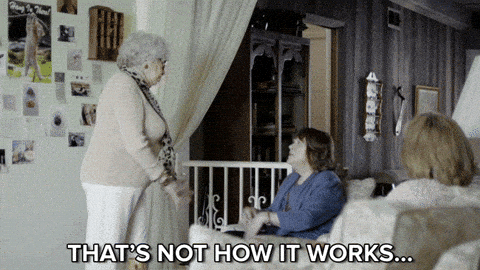Richard Werner recounts his journey of uncovering the truth about banking and credit creation. He began in Japan, where his book, "Princes of the Yen," became a bestseller by challenging conventional economic wisdom. Werner's research revealed that banks are not merely intermediaries but creators of money, a concept largely ignored or suppressed in mainstream economics.
Werner's findings exposed how central banks and commercial banks manipulate credit to drive asset inflation, boom-bust cycles, and ultimately, economic control. He advocates for a decentralized banking system with many small, local banks focused on lending for productive business investment, as opposed to asset purchases or consumption, to foster sustainable and equitable economic growth. He also warns against the dangers of CBDCs, which he believes will further centralize power and control over the economy.
Werner's findings exposed how central banks and commercial banks manipulate credit to drive asset inflation, boom-bust cycles, and ultimately, economic control. He advocates for a decentralized banking system with many small, local banks focused on lending for productive business investment, as opposed to asset purchases or consumption, to foster sustainable and equitable economic growth. He also warns against the dangers of CBDCs, which he believes will further centralize power and control over the economy.


